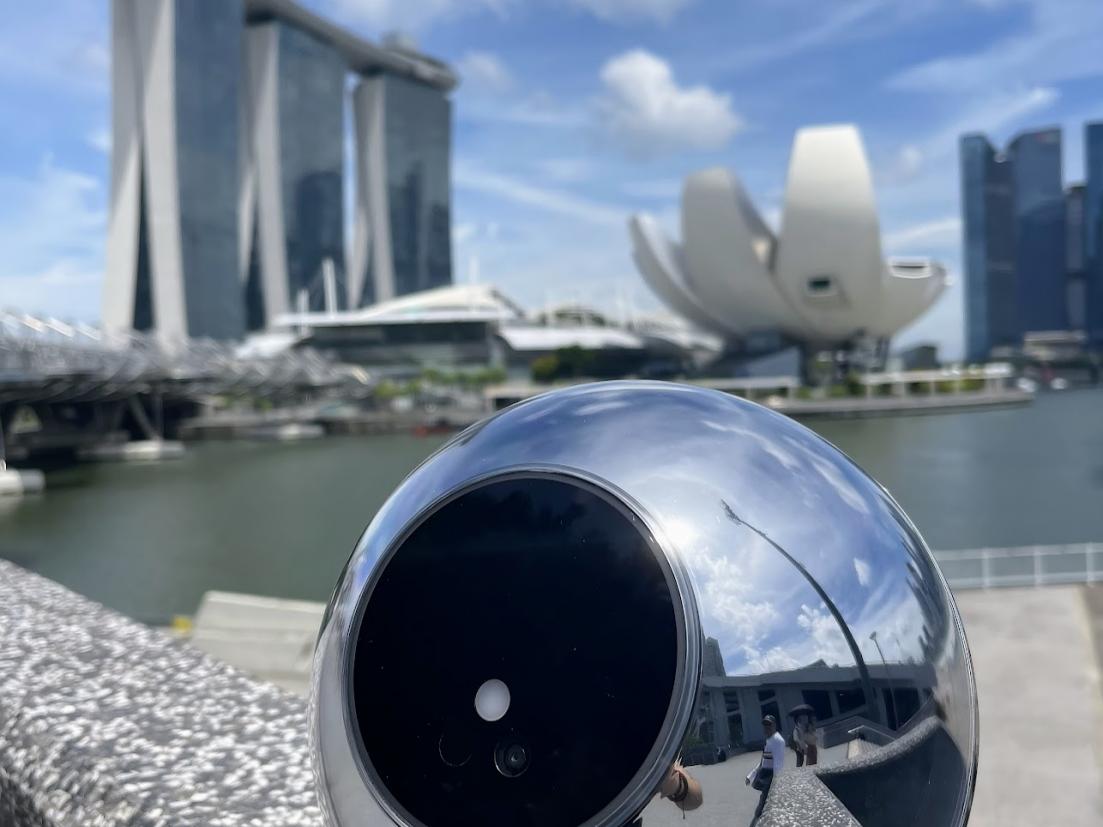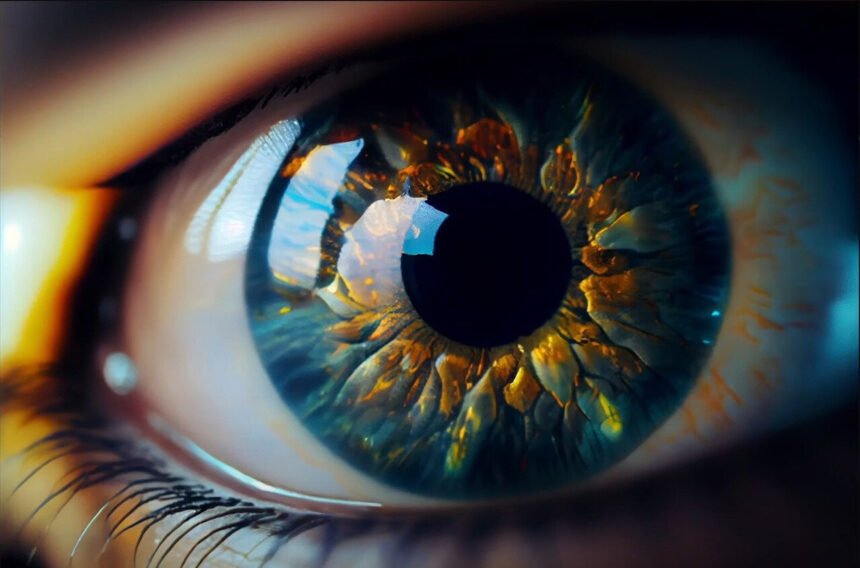The initiative began on Monday, with eyeball scans taking place in nations such as the United Kingdom, Japan, and India – ocular scan. People all across the world are having their eyes scanned in return for a digital ID and the promise of free Bitcoin, despite privacy advocates’ and data authorities’ misgivings.
The Worldcoin project, founded by Sam Altman, CEO of ChatGPT creator OpenAI, claims to strive to build a new “identity and financial network” and that its digital ID would allow users to show online that they are human, not a bot. The research began on Monday, with ocular scans taking place in nations such as the United Kingdom, Japan, and India.
On Tuesday, attendees at a cryptocurrency conference in Tokyo lined in front of a silver globe surrounded by signs reading, “Orbs are here.” Applicants waited in queue to have their irises scanned by the gadget before receiving the 25 free Worldcoin tokens that the business claims verified users may obtain.
Users told Reuters they balanced their fears about data collecting against their interest in the initiative, which claims to have provided IDs to over two million individuals in 120 countries, largely during a two-year trial phase. “There’s a risk in having your own eyes’ data collected by a company, but I like to keep up with the most recent crypto projects,” said Saeki Sasaki, 33. “I was a bit scared, but I’ve done it now and can’t take it back.”

The collecting of data by Worldcoin is a “potential privacy nightmare,” according to the Electronic Privacy Information Centre, a privacy advocate in the United States. On Tuesday, Worldcoin declined to reply to Reuters’ email inquiry on its privacy practices. According to the company’s website, the initiative is “completely private” and that biometric data is either erased or encrypted before being retained.
On Monday, two Worldcoin officials demonstrated how to download the app and get scanned in the foyer of a working space in east London, handing out free t-shirts and stickers that said “verified human” afterwards. Christian, a 34-year-old graphic designer, claimed he was “intrigued” to participate. He keeps up with breakthroughs in artificial intelligence (AI) so cryptocurrency, and he buys cryptocurrencies “for fun.”
“I believe that in the future, AI will be difficult to distinguish from humans, and I believe that this potentially solves this issue, which is pretty amazing,” he added, declining to offer his full name for privacy concerns. On Tuesday, Worldcoin tokens were priced at roughly $2.30 on Binance, the world’s largest platform. The prospect of financial rewards from cryptocurrencies was enough to persuade many users to pass up personal information.
Ali, a 22-year-old chemical engineering student who has invested a portion of his student loan in cryptocurrency, estimates that the 25 free tokens may be sold for $70 to $80 at current pricing. “I mentioned it to my brother this morning. “I told him, ‘It’s free money, do you want to come with me?'” Christian and Ali both stated that they had not read Worldcoin’s privacy policy, which states that data may be shared to subcontractors and accessible by governments and authorities – but it also states that efforts are taken to limit risks and encryption is used to prevent unauthorised access.
“It’s quite concerning, but I think a lot of companies have our data at this point,” Ali explained. Big Brother Watch, a UK privacy movement organisation, warned that biometric data may be hijacked or misused. “Digital ID systems increase state and corporate control over individuals’ lives and rarely live up to the extraordinary benefits technocrats tend to attribute to them,” said Madeleine Stone, senior advocacy officer.
The idea also grabbed the attention of authorities, with the UK’s data regulator informing Reuters that it was investigating the UK launch of Worldcoin. On Tuesday, orb operators approached passers-by in a mall in Bengaluru, India, and showed people how to join up. The majority of those polled by Reuters indicated they were unconcerned about their privacy.
Sujith, an 18-year-old business student, said he did not read Worldcoin’s tiny print and had no privacy worries. He stated that he invests the small amount of pocket money he receives from his family in cryptocurrency. “While I was passing by, they asked if I wanted any free coins. So (I reasoned), why not?” he asked.
For more such updates, keep reading techinnews



